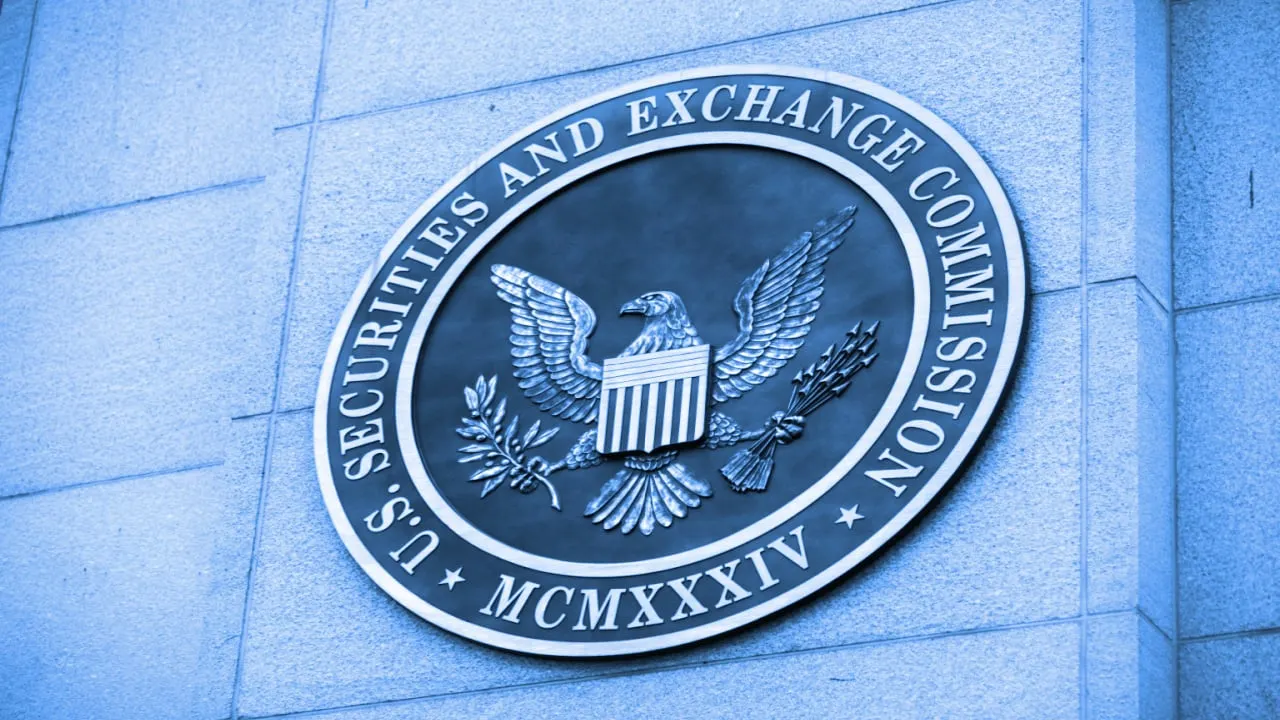Another day, another SEC crypto crackdown case. Today, the U.S. regulator announced emergency action against investment adviser BKCoin Management in connection with an alleged fraud scheme.
The SEC alleged on Monday that Miami-based BKCoin Management raised $100 million from at least 55 investors to plug into cryptocurrency—but instead used it to splash on luxury items and make “Ponzi-like payments.”
One of BKCoin Management’s principals, Kevin Kang, misappropriated at least $371,000 of investor money to pay for holidays and an apartment, and falsified documents, the SEC alleged.
Director of the SEC’s Miami Regional Office Eric I. Bustillo said the “defendants misappropriated their money, created false documents, and even engaged in Ponzi-like conduct.”
“As the complaint alleges, the defendants disregarded the structure of the funds, commingled investor assets, and used more than $3.6 million to make Ponzi-like payments to fund investors,” added the SEC announcement.
The SEC today said that it has already frozen assets and obtained other emergency relief against the company. The Commission now seeks permanent injunctions against BKCoin and Kang, disgorgement, prejudgment interest, and a civil penalty from both of the defendants. It also seeks an officer and director bar and conduct-based injunction against Kang.
The SEC has for years taken a tough stance against the crypto industry. Since 2018, the Commission has targeted token sales and ICOs, a form of capital fundraising in crypto, as unregistered securities sales. The SEC, now under Chair Gary Gensler, has intensified the crackdown, and Gensler has made it known that he believes that essentially every coin and token—other than Bitcoin—is an unregistered security.
Many high-profile companies are now being targeted. In January, the Commission hit Genesis and Gemini with charges for offering unregistered securities. Earlier this month, it also fined American crypto exchange Kraken $30 million for violating securities laws.

